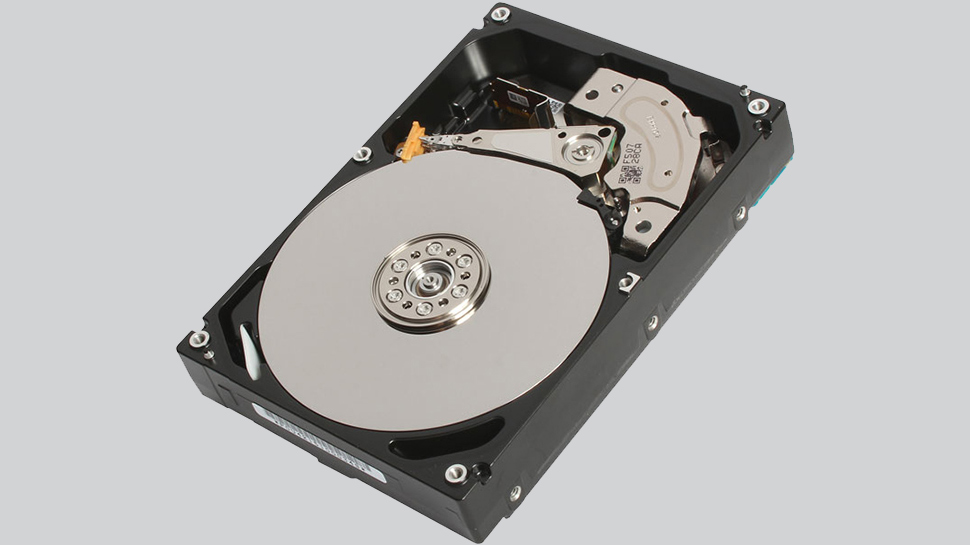Financial analysts believe that while hard disk drive pricing has spiked in recent weeks due to Chia coin mining and will continue to be higher than usual for a while, average HDD prices will not get considerably higher than they are today as there is extraordinary demand for specific models rather than for all kinds of drives. But there’s a catch.
Demand for nearline hard drives for data centers has consistently grown for years. In contrast, demand for high-capacity HDDs for consumers has increased in recent weeks because of Chia coin cryptocurrency mining. As a result, prices of higher-capacity hard drives increased in recent weeks, whereas range-topping models have sold out.
The market is experiencing a tight supply of HDDs, which is comparable to the situation in 2012 when flooding in Thailand stopped the production of hard drives in the country. Back then, average prices of HDDs increased by roughly 22%, according to Sidney Ho, an analyst with Deutsche Bank. This time, price hikes will not be that high.
“While the use of storage for Chia is relatively small compared to the total industry output, demand for large consumer hard drives has increased significantly due to Chia mania, with drives sold out on many websites and pricing on secondary markets meaningfully higher than usual,” Ho wrote in a note to clients, reports Barron’s.
Our HDD price analysis from earlier this week demonstrated that prices of midrange HDDs featuring a 6TB or 8TB capacity did not change significantly in recent weeks. 10TB hard drives also did not get substantially more expensive. Meanwhile, 12TB, 14TB, 16TB, and 18TB HDDs got dramatically more expensive in just a few weeks (some SKUs gained $100, others doubled).
The vast majority of 14TB – 18TB HDDs are nearline drives, such as Seagate’s Exos and Western Digital’s WD Gold and Ultrastar. Most of those drives are sold directly to companies like Amazon Web Services, Google, and Microsoft at pre-arranged prices and therefore never reach retail.
Joseph Moore, an analyst with Morgan Stanley, says that Seagate sells about 30% of its HDDs via distributors and retailers, whereas Western Digital ships 40% of its products using these channels. As a result, the vast majority of hard drives from Seagate and Western Digital are not sold through retail and therefore cannot get meaningfully more expensive because of the ongoing Chia mania. Still, the manufacturers can naturally increase their prices because of higher demand and the necessity to procure more components.
In general, while high-capacity HDD retail pricing could increase by well over 22%, average HDD prices will not increase tangibly as most HDDs are sold at pre-arranged prices. In contrast, midrange models are not getting more expensive due to modest demand.
“Our view right now is that Seagate and Western Digital will benefit from the incremental volume, pricing and thus gross margin tailwinds in the short-term, but that cloud demand […] remains the primary driver of results,” Ho wrote. “Longer-term, there just remains too much uncertainty […] on the future general acceptance of Chia or most cryptocurrencies to fundamentally adjust our outlooks for the industry. Whatever Chia becomes, though, it is a positive for the industry to see additional potential consumer growth opportunities.”
